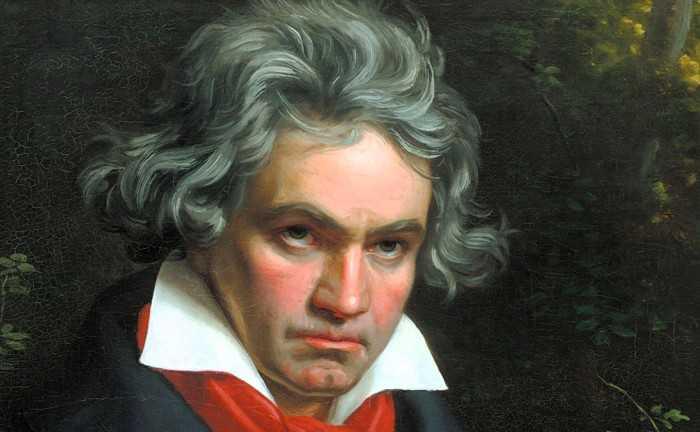Walking And Creativity
Routines provide the soil to creativity. One such routine is walking.
Ludwig van Beethoven had a daily routine for a long, vigorous walk after lunch, carrying a pencil and paper, recording musical ideas.
Walking helps produce novel ideas and enhance creative thinking and maybe the missing ingredient for giving ‘legs’ to new ideas and insights.
85
351 reads
CURATED FROM
IDEAS CURATED BY
The idea is part of this collection:
Learn more about personaldevelopment with this collection
Cultivating a growth mindset and embracing challenges
Developing adaptive thinking and problem-solving skills
Effective learning frameworks and approaches
Related collections
Read & Learn
20x Faster
without
deepstash
with
deepstash
with
deepstash
Personalized microlearning
—
100+ Learning Journeys
—
Access to 200,000+ ideas
—
Access to the mobile app
—
Unlimited idea saving
—
—
Unlimited history
—
—
Unlimited listening to ideas
—
—
Downloading & offline access
—
—
Supercharge your mind with one idea per day
Enter your email and spend 1 minute every day to learn something new.
I agree to receive email updates
